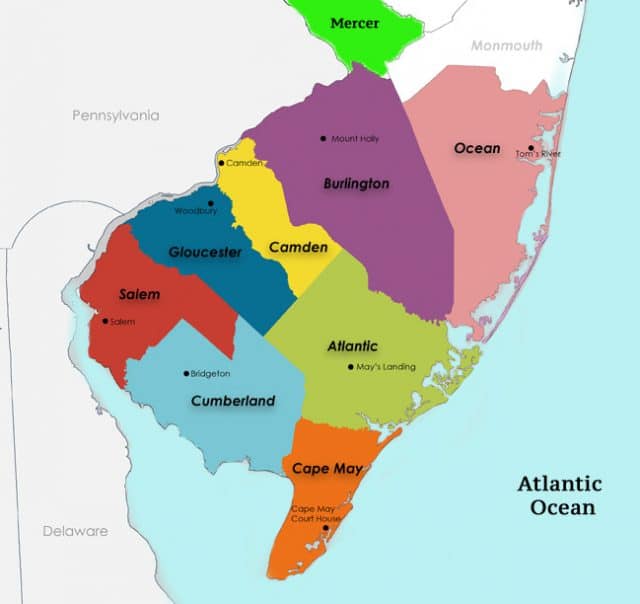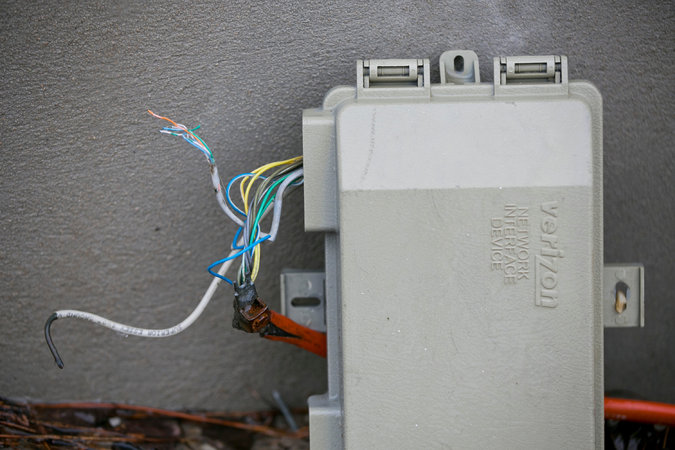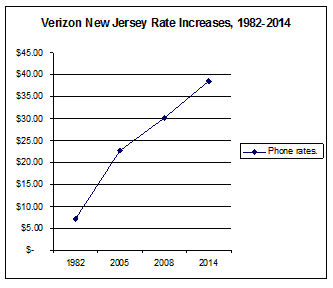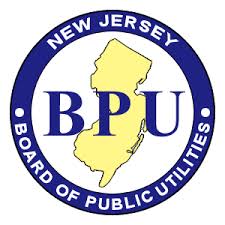 A federal judge has blocked an effort to force Altice USA (doing business as Cablevision/Optimum) to issue pro-rated refunds to New Jersey consumers that cancel cable service in the middle of a billing period.
A federal judge has blocked an effort to force Altice USA (doing business as Cablevision/Optimum) to issue pro-rated refunds to New Jersey consumers that cancel cable service in the middle of a billing period.
U.S. District Judge Brian Martinotti found in favor of Altice, blocking an order by the New Jersey Board of Public Utilities (BPU) demanding Altice stop its practice of not issuing partial refunds to departing customers and issue refunds to those that have already canceled service under the new “no refunds” policy.
Altice adopted its “no refunds” policy shortly after closing on its acquisition of Cablevision and Suddenlink, impacting customers in 21 states:
Cablevision: Effective October 10, 2016, service cancellations become effective on the last day of the then-current billing period. Optimum services remain available to you for the full billing period and there are no partial credits or refunds of monthly charges already billed.
Suddenlink: Your monthly subscription begins either on or the first day following your installation date and automatically renews thereafter on a monthly basis beginning on the first day of the next billing period assigned to you until cancelled by you. The monthly service charge(s) will be billed at the beginning of your assigned billing period and each month thereafter unless and until you cancel your Service(s). PAYMENTS ARE NONREFUNDABLE AND THERE ARE NO REFUNDS OR CREDITS FOR PARTIALLY USED SUBSCRIPTION PERIODS.

Judge Martinotti
The controversial policy met with immediate objections from subscribers, some who complained to New Jersey’s telecommunications regulator and others that filed a class action lawsuit against the company in New York. In December 2018, the BPU found that Altice violated New Jersey state law by not offering prorated refunds for customers. It ordered Altice to cease the practice and issue suitable refunds to customers impacted by the new policy.
Altice argued that federal law specifically prohibits state regulators from getting involved in regulating cable service or pricing where effective competition exists and claimed it would cost at least $5 million to modify its billing software to automatically issue refunds.
Judge Martinotti was persuaded by Altice’s arguments, noting the BPU had previously granted Cablevision’s old owners a waiver for pro-rating in 2011 and that Cablevision customers in New Jersey have other competitive options, which strips the BPU of its regulatory authority over Altice’s rates.
“BPU’s order requiring Altice to prorate customer bills based on the exact dates of service constitutes rate regulation,” the judge’s order said. “Accordingly, the Cable Act preempts BPU’s order and Altice possesses a reasonable probability of success in the eventual litigation.”
The BPU had no immediate comment on how it plans to proceed in response to the judge’s ruling.


 Subscribe
Subscribe

 The New Jersey Board of Public Utilities (BPU) unanimously approved an agreement this week exempting Verizon from most basic landline service regulations, prompting immediate outrage from consumer, senior and labor groups who predict it will lead to rate increases and deteriorating service.
The New Jersey Board of Public Utilities (BPU) unanimously approved an agreement this week exempting Verizon from most basic landline service regulations, prompting immediate outrage from consumer, senior and labor groups who predict it will lead to rate increases and deteriorating service.
 Stefanie Brand, director of the New Jersey Rate Counsel saw the vote as a rush to Verizon’s business and profit agendas.
Stefanie Brand, director of the New Jersey Rate Counsel saw the vote as a rush to Verizon’s business and profit agendas. While the New Jersey Board of Public Utilities was able to quickly settle its differences with Verizon by granting the phone company’s wish to walk away from its commitment to offer 45Mbps broadband across the state, New Jersey ratepayers are out $15 billion in excess phone charges levied since 1993 for promised upgrades many will never get.
While the New Jersey Board of Public Utilities was able to quickly settle its differences with Verizon by granting the phone company’s wish to walk away from its commitment to offer 45Mbps broadband across the state, New Jersey ratepayers are out $15 billion in excess phone charges levied since 1993 for promised upgrades many will never get. After adding up various other surcharges, Kushnick’s bill increased a lot.
After adding up various other surcharges, Kushnick’s bill increased a lot. The New Jersey Board of Public Utilities today
The New Jersey Board of Public Utilities today 